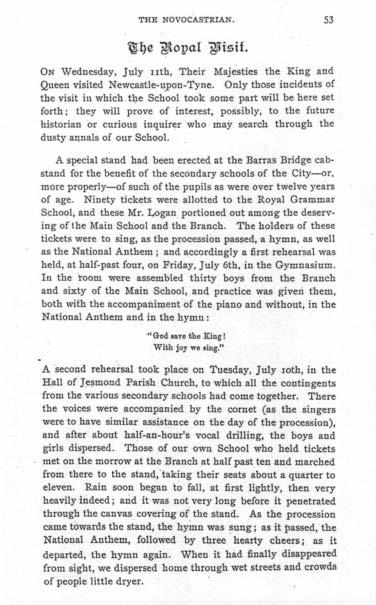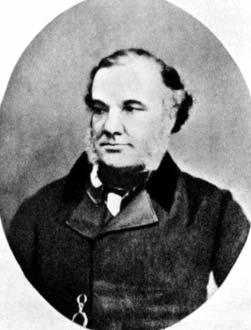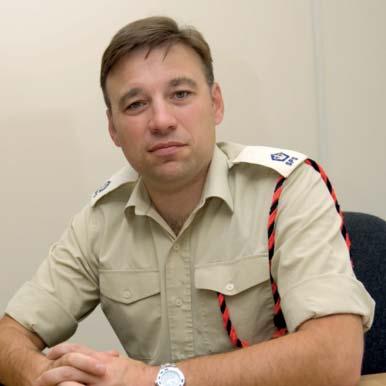
6 minute read
ONA Now and Then
from ONA 87
Writing this in January, I’m very conscious of the way in which the ONA magazine looks, Janus-like, in two or even three directions. Certainly it looks back: ONs remember their time at the school with pleasure – not unalloyed pleasure, for sure, for no school’s perfect and they had to go through the pains of adolescence too –and it’s wonderful that you are so ready to share your happy memories in the pages of this magazine. Sadly but inevitably, when we turn to older ONs, there are memorials and obituaries: among them you’ll find a particularly fine tribute to one of the many ONs who have achieved distinction in the Law, Sir Humphrey Potts (44-50), written by Louis Taylor (75-85), himself the son of one of our most eminent ON lawyers (and I guess we include Lord Eldon (1751-1838) or Baron Stowell (1745-1836) in that list!). It paints a portrait of a great man, someone I was privileged to meet at Louis’ house just a couple of years ago.
Advertisement
Since Christmas the school has lost another great friend, though not an ON, in Dr Alan Reece, that formidable and maverick academic-turnedentrepreneur who left academia in his late 50s and started making remarkable specialised vehicles such as an underwater trench-digger and numerous innovative machines for the military. He gave £30 million of his own money to The Reece Foundation, set up in 2007, and was personally generous to the school’s RGS Bursaries campaign, giving £350,000 in total to fund bursaries to help students to join the RGS in the Sixth Form to follow science A levels, particularly with a view to studying engineering later on. A great man, and one whom the North East will miss.
We look to the present: plenty of events happening for ONs this year, first the London Dinner on Friday 8 March and then a date already set for the Dinner in school on 18 October, this year combined with the 50th Anniversary, organised by ONs of the 1963 vintage who are extending the Dinner into a weekend of celebrations. And don’t forget RGS Day on Saturday 29 June when the school is open and on show. Amid all the prizegivings that we run on that day, we are very pleased to include a number of prizes given by the ONA: what’s so good is that they are not the usual kind of school prize for good work and progress over the year (important as those are), but rather specific awards designed to stimulate personal study through essay competitions. That gives important support to intellectual enquiry which, even at the RGS, needs encouragement when too much of the sprawling exam system is concerned with satisfying examiners’ requirements and, in a sense at least, ticking their boxes rather than demanding originality of thought. So we are grateful.
And we look forward, as a school always must. We value and cherish our former students, just as you cherish your memories of the school. But I know that no ON really wants to set their old school in aspic and prevent it from developing, for develop and move forward it always must. Education is about the future, and we map out futures not only for our students but for the school itself. 2013 will be no exception in that process: indeed, I think there will be many plans and developments that we will be able to share with all the RGS family over the coming year. But not quite yet! So watch this space, and I hope I can share more of our exciting vision for the future of the school in forthcoming editions.
Thank you, as always, for your support and affection for your old school.
Bernard Trafford
Headmaster
ONA Now and Then
From the 50s & 60s by Ian Gotts (59-66)
I read with interest and sadness Melvyn Wallhead’s (56-66) obituary of the late Derek Wanless (59-66) (Issue 86). In the Sixth Form there were five of us who would play cards: Derek Wanless (59-66), Melvyn Wallhead (5666), Bruce Morrison (56-66) and Andrew Du Plessis (59-66), usually in Joe Liddell’s room. Derek used to keep the running total of points from playing solo and Black Maria, with tens of thousands of points recorded in a running total. He usually managed to edge the game, with Wallhead close behind. Moving away to Leeds to start my degree I never managed to keep up with any of the group, or indeed of the form I started in (2-3? with Mr Macro) almost all of whom were boys starting at the secondary school rather than migrating up from the primary. It is a long time ago, but many of the memories are still vivid. And the roll call of names for that form aren’t far away; Brown, Burgess, Coulson… ending up with Wallhead, Wanless, Wright A & Wright Q.

Although you won’t find me on any lists of achievement at the school either literary or sporting, I realise the value in my working life I gained from going to the RGS compared to the other option which would have been Morpeth Grammar (especially so, having read Sid Waddell’s account of his life there, whose brother I knew well at primary school). My Dad had pushed for a scholarship for me, though the hour and a half travel each way every day was a bind, especially when the bus was late and I ended up in late detention (why didn’t they put the driver in detention, not me?) I was encouraged to join the school orchestra on Saturdays, which would have been another three hours on the bus, at which point I packed up playing the ‘cello. A pity I never took up Uncle Jasper Doull’s offer to be taught the guitar in three easy lessons!
The one thing the school never managed was to teach me how to write neatly, despite three attempts including by Larry Watson in English (who still owes me 6d for some minor challenge he had during the lesson) and some bright young thing on teaching practice whose name I can’t remember. Even clients complained they could not read my writing on flipcharts, so I think that is a family trait.
Now, after 20 years in the best British engineering firms British Aerospace, Eurotherm, Marconi and ITT, followed by 20 years as a consultant in KPMG, I have swapped all that for becoming a full time family historian, photographer, and scuba diver, and combinations of all three, interspersed with seeing my lovely family. Having benefited from a County scholarship to the school when it was a Direct Grant school, I support the Bursary scheme as a way of giving something back for what the school has given me.

From the Archive

2012 was a year of much rain and a royal jubilee. The accompanying extract from Novo records a damp royal visit by King Edward and Queen Alexandra on July 11 1906 which left our reporter slightly underwhelmed.
The King had come to Newcastle to formally open the Royal Victoria Infirmary and Armstrong College. The latter had been established in 1871 to offer instruction in mathematics and the sciences and had been renamed after William George Armstrong in 1904. It later became part of the Newcastle division of Durham University. The ‘Mr Logan’ referred to in the piece was Headmaster of the Royal Grammar School between 1883 and 1912. Three months after the royal visit a much more significant event in the history of the School took place: the relocation from Rye Hill to the current Jesmond site.
Oliver Edwards School Archivist









